Georgia’s pecan industry grew by more than 20,000 new acres in the last five years. Pecans are a booming business in Georgia, but University of Georgia Cooperative Extension pecan specialist Lenny Wells says that new farmers should go into the venture knowing that pecans are a costly investment.
“Georgia growers who are looking to break into the industry need to be mindful of the various costs that are associated with the crop. A lot of people just see the finished product. They see pecans on the ground in the fall, think about the great prices and believe they can do the same,” Wells said.
There are high startup costs associated with producing pecans and it takes “about six or eight years” for a commercial pecan crop to produce, according to Wells.
“If you’re a grower, can you go that long without seeing a return on your investment?” he asked.
Like other agricultural commodities, pecans have to be protected against insect pests and disease pressure, specifically scab disease. Wells believes that the most important factor to consider is irrigation. Nonirrigated orchards are strongly discouraged because pecans have a constant need for moisture.
“Keeping your pecan orchards watered is a must. We have seen in research trials at UGA that in those trees that have irrigation, there is a substantial increase in yields per acre,” Wells said. “To even consider growing pecan trees without the benefit of irrigation is a mistake.”
In one research study, Wells referenced a trial comparing nonirrigated orchards to those receiving 1,200 gallons and 3,600 gallons per day. The nonirrigated orchard produced 1,034 pounds per acre. The orchard irrigated with 1,200 gallons a day produced 1,374 pounds per acre and the orchard that received 3,600 gallons a day finished with 1,761 pounds per acre.
While irrigation is a must to maximize pecan production, it’s also quite expensive. Most farmers implement a drip irrigation system, which averages about $800 per acre for system parts and installation. The costs increase depending on the size of the grower’s well and pump. Wells estimates another $35 to $60 per-acre cost to operate the irrigation system.
As with other crops, pecans require a diverse set of equipment. Farmers just starting in the business immediately need a herbicide sprayer, rotary mower and small tractor. Other future equipment needs include an air blast sprayer, a dump wagon, a harvest wagon, a larger tractor, a blower, a sweeper, a harvester and a shaker.
“There’s no doubt that growing pecans means that you need to buy or have access to pieces of equipment that you probably didn’t have or need before. They are specifically tailored to growing pecans, so it’s a costly operation to start,” Wells said.
That said, Wells says that growing pecans can potentially bring future rewards.
“If growers can just hang in there for the first several years and get their trees to produce a crop, there is money to be made in growing pecans. I’m not going to guarantee you a fortune, but you can make a profit if you accept the risks that come with producing this crop,” Wells said.

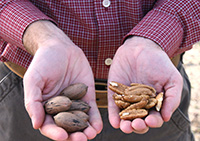
.png)
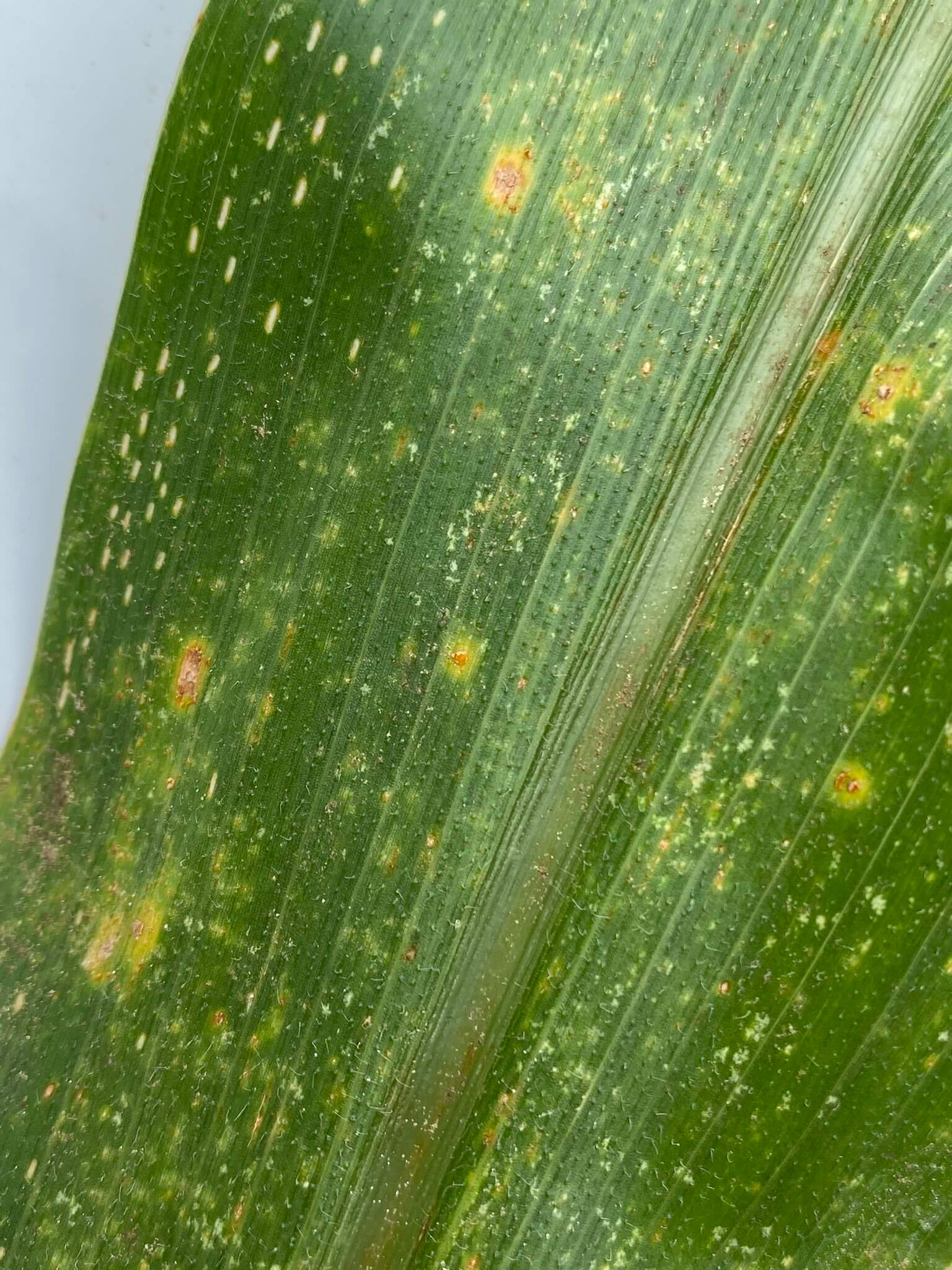
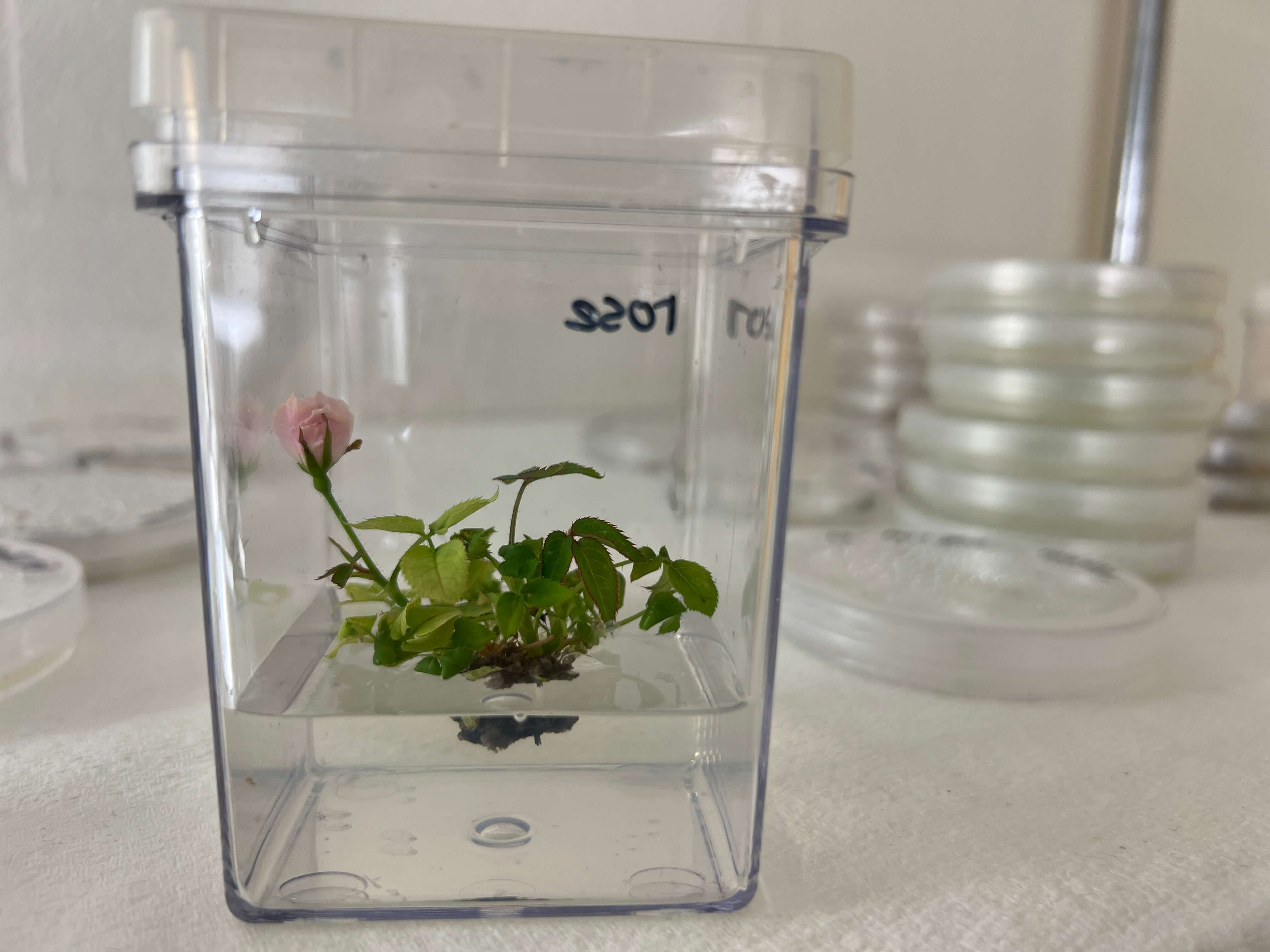
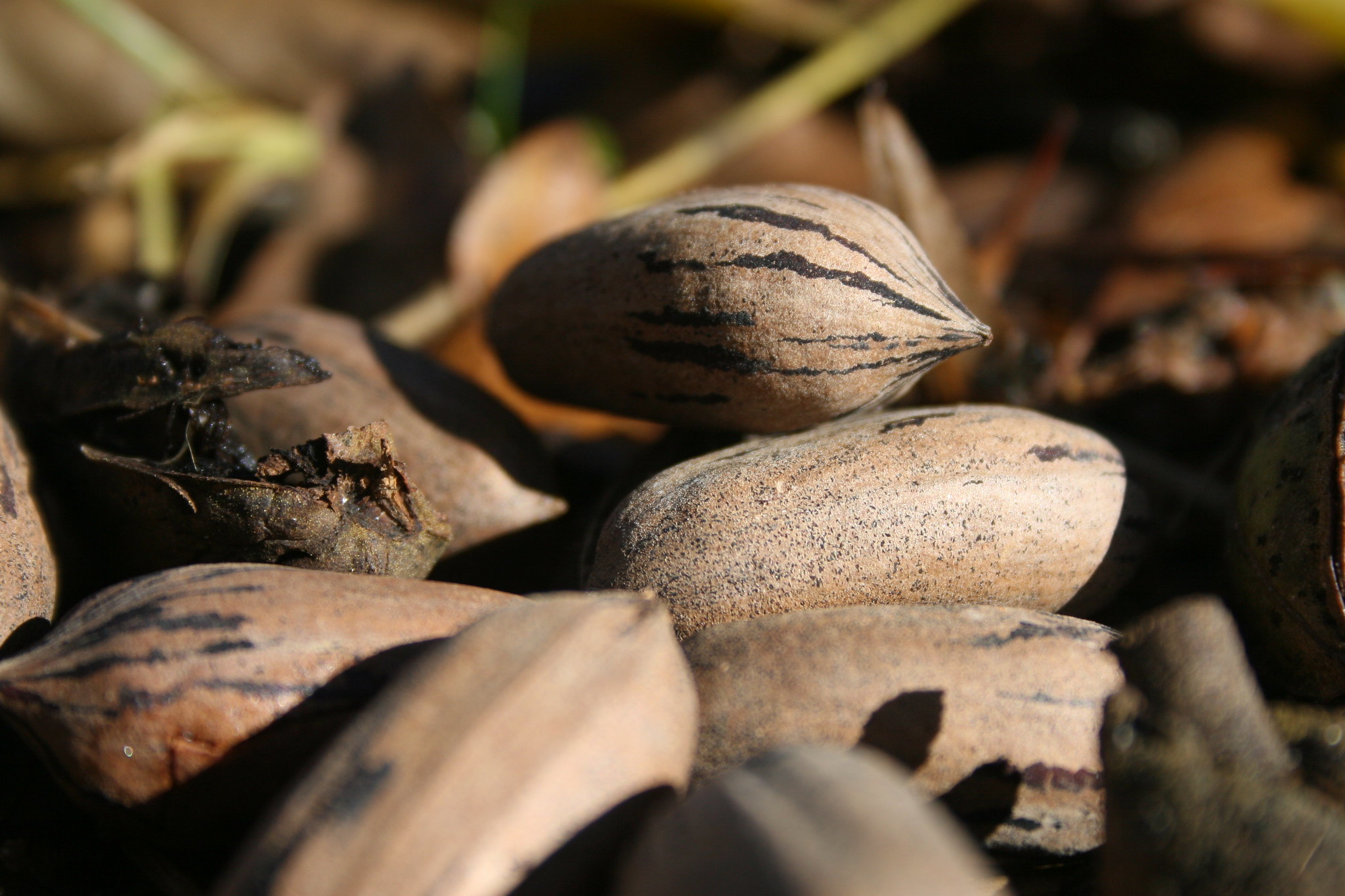
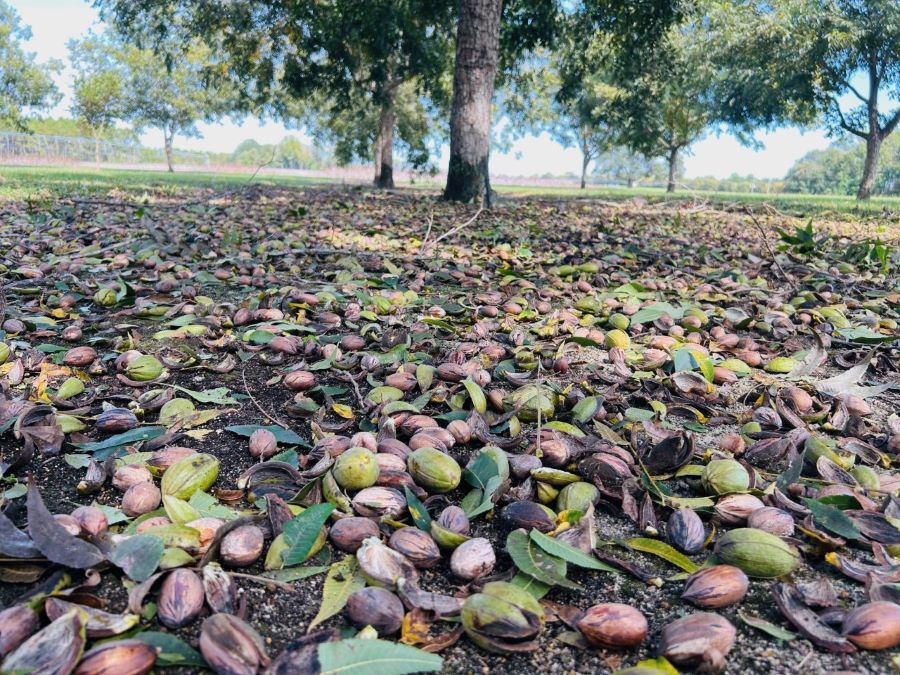
.jpg)